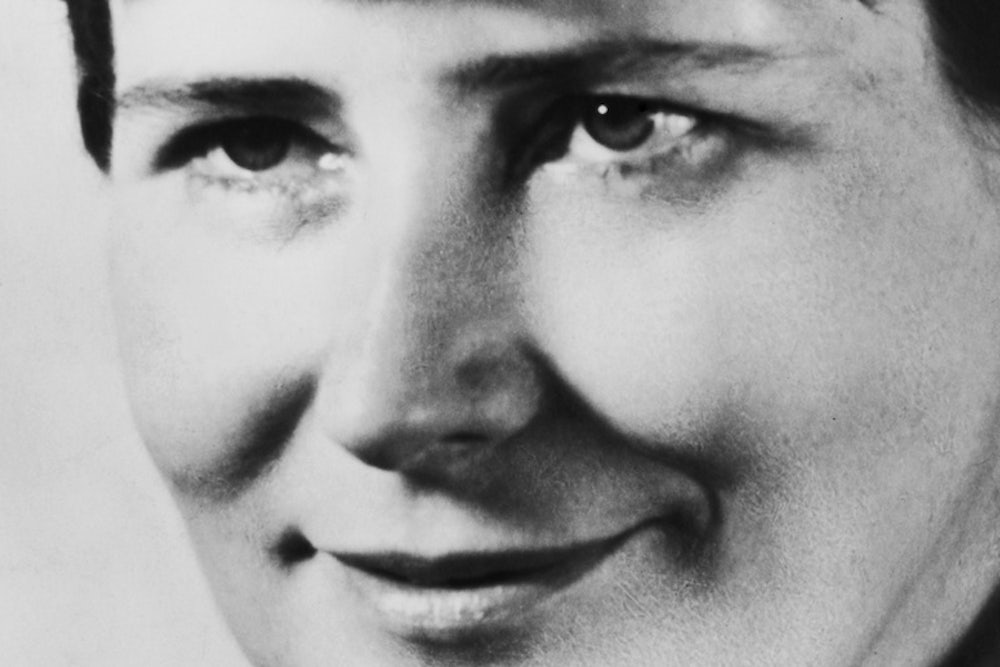From her obituaries, and the serious critical assessments of her work, I hardly recognize the Doris Lessing I knew. I don’t fault the obit writers (I used to be one) or critics and admirers for attempting the tricky job of collating into a coherent narrative the Bunyanesque episodes and human contradictions in Lessing’s life and work. Indeed, it was not the later “Great Author” who I knew, but a young, romantic, passionate, fiercely ambitious single mother pounding away at a portable typewriter trying—as we all did—to keep it together. For her, that meant raising an adolescent son on her own, coping with England’s male-dominated literary establishment, and splitting her loyalties between an old-fashioned, collapsing communism and taking in the gritty gray sooty messy life in post-Blitz London.
Lest we get too solemn, she also had a wonderful sense of humor. Nothing pleased her more than to be dragged unwillingly to the local Odeon cinema showing the latest double-entendre “Carry On” low-class comedy (try Carry On Up The Khyber in cockney slang and you’ll get it) and then fall about laughing. Her famous waspishness and judgmentalism I’ll leave to others; we just had a lot of fun.
The “other” Doris I knew was a fabulous improvisational cook, a good friend, wryly skeptical comrade, temperamental lover (she had lots to be temperamental about!), a sturdy anti-racialist (without illusions about the black nationalist comrades), a fighter against the Left’s inherited philistinism and its fear of deviating artists. And—like me—a born protester.
I came to England not yet a writer. She tried to calm my fears, sternly telling me it was all “writing pains.” At the time, she claimed to be blocked on the novel that would become The Golden Notebook; I was struggling with a first book. We may have helped each other through a log jam.
It was fascinating at first to see my new, adopted country through her eyes: wary, open, generous, unillusioned, at all points sexual even more than political. What a pity The New York Times and some other newspapers, no doubt out of misguided respect, chose to illustrate their obituaries with those ghastly photos of Doris in her late “Mother Earth” incarnation! Last time we met, for a semi-date, I said I’d supervise a makeover—a new haircut for starters—which once she would have agreed to. But, sadly, she confessed she was “through with all that”, meaning sex, it was so much trouble and for what? As always, we argued. She won.
Others are more competent to deal with her work. Let me quote a friend who read Lessing in his last semester in college. “I read The Golden Notebook at age 20 & it had some huge & eerie effect on me…Out there was a writer who understood far better than I what a political life was like & what it was like to be overwhelmed by doubt & fear, but more, what grown-ups were like when they loved & hated each other. The Golden Notebook was full of the dirt & mess & craziness of everyday life, the back-&-forth of working out politics & lostness & honor on the run…the passion & wildness of it.”
